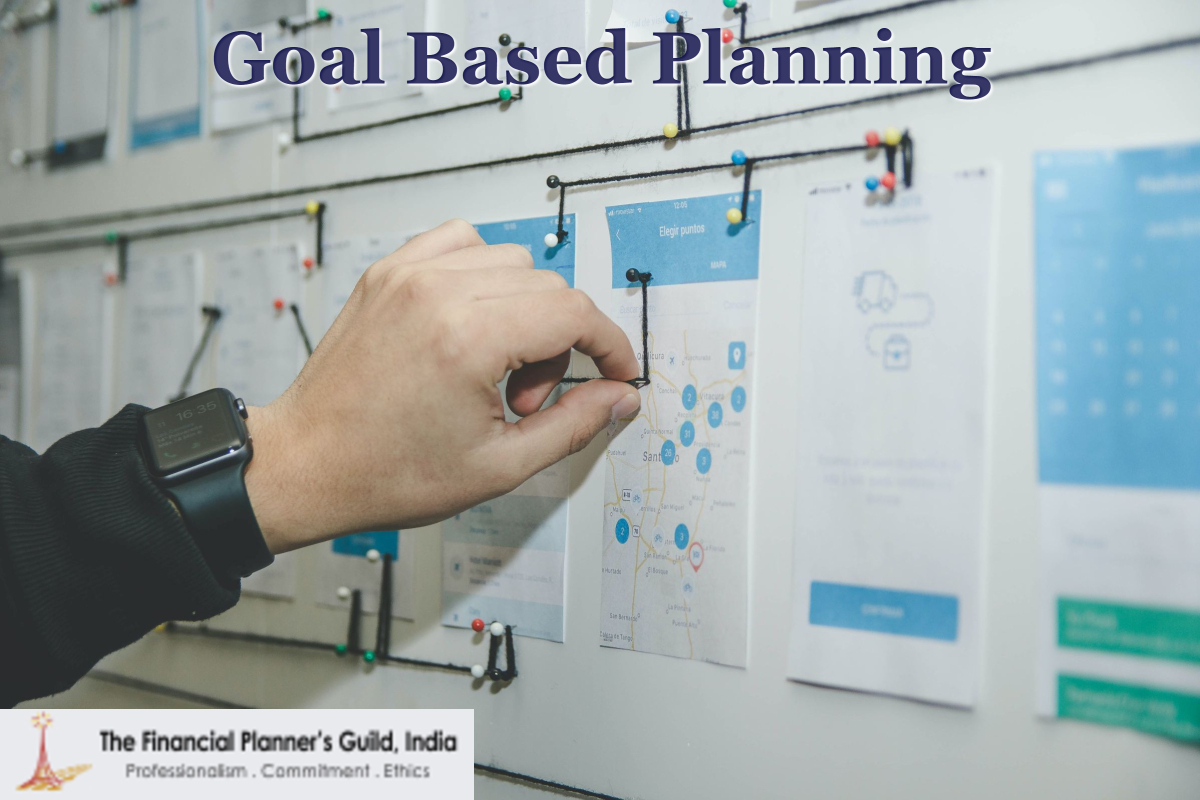
“I want to give my son the best education. I want him to go to US for graduation and post-graduation”, gushed Govindan. Hari, his son was in 7th standard and obviously the apple of his eye. Govindan had put him in an International school and was paying close to Rs.2 Lakhs per annum. Govindan could afford this in view of his decent earnings; that he had just one child helped, as he could direct all his resources for his benefit.
I wanted to know whether Govindan was aware as to how much might be required for this US education. Govindan was not very clear. He estimated it could cost him Rs.50-60 Lakhs. I had to correct him there. It would take between Rs.12-20 Lakhs pa, depending on the college, I had informed him. Obviously he did not expect such a huge expense and he gasped. This was virtually double of what he thought, he might have to spend.
He recovered his mirth quite soon… “My son will get scholarship. If he gets scholarship, I might end up spending much less than Rs.60 Lakhs, won’t I?”, he asked hopefully, looking at me and expecting my assent. I had to traverse this minefield gingerly. I agreed with him that, such is the case, if he does get scholarship. I added that getting scholarship at graduate level is a very tough task and it is better to plan for a full-fee scenario. Govindan had another brainwave –“My son can always take a loan, can’t he?”, he wanted to know. I had to agree that it was possible, but we would still need to validate whether a Rs.50 Lakhs loan might be available.
“But Govindan, you need to also look at the various other goals – not just sending your son abroad”, I said. “For instance, you have been wanting to build another floor in your home; you wanted to renovate this house. We had estimated that this may take Rs.30 Lakhs. Also, you need to look at your retirement corpus. You will need to provide for your mother too. All these goals have to be kept in mind too, apart from son’s education”, I added.
Govindan is already 44 and wants to retire by 50. So, that’s another goal. If we take all these goals together, it will be difficult for Govindan to achieve them. Having a very aggressive goal like sending one’s child abroad for complete education abroad, can jeopardise other goals, as one might commit too much money towards one goal, to the detriment of the others.
This is precisely what happens in many cases… people take a huge pension policy as they suddenly wake up to the fact their retirement is coming up in 10 years time and they are not prepared for it. Sometimes, they commit huge sums towards child’s education, towards a home or other goals. People get carried away on emotive goals like a home and child’s education. The mistake is not evaluating the impact on the other goals. This problem is compounded by the fact that there are specific products available to satisfy a certain type of goal.
For instance, there are children’s insurance policies which are purportedly for meeting the education requirements. There are pension policies for meeting retirement needs etc. The problem is that, the agent who interfaces with you would just want to get out the maximum amount you could afford, in the plan that he has. He is not going to agonise over whether your other goals will be jeopardised. This is the classic problem, we financial planners face. We find when clients come to us, they have dug themselves into a pit and we need to completely redo their investments, based on their overall requirements, overtime.
This is precisely what a Financial Plan would help you to avoid. A Financial Plan is a blueprint to achieve one’s goals, with the finances available at one’s disposal. The plan will also make it clear whether all goals can be achieved or some may have to be scaled down, staggered ( time-frame wise ) or dropped altogether. This will have to be done based on the priorities assigned to the various goals. High-priority goals will have to be retained, though it may have to be scaled down depending on the situation. The plan will come up with the strategy for achieving these goals and will direct investments into appropriate instruments, as per the tenure of the goals.
After a lengthy discussion, I was able to convince Govindan to scale down this education goal, so that it does not jeopardise the others. Now, we have decided that Hari will pursue his graduation in India and go abroad only for his post-graduation. Govindan had very reluctantly agreed. Govindan however saw a silver lining – “ What if he scores so well that he gets a scholarship for graduation?”, he leaned forward enthusiastically, with the coffee in left hand precariously poised that it’s contents may spill on me. I agreed that this possibility will sort out the problem and advised Govindan to have his coffee in peace, so that I could have mine. We settled down and started enjoying our coffees, with the confidence that all goals can be achieved, now that we have corrected the education skew.
FPG India ©2024. All Rights Reserved.
Designed & Developed by W3M Technoz